The Taiwan sports betting market has considerable growth potential, with its generated revenue “possibly doubling” in the next few years, Taiwanese legal experts from law firm Lin & Partners told Asia Gaming Brief.
However, for the sector to reach its full potential illegal gambling operations need to be tackled. At the same time, there is still no fertile political ground for the advancement of casino projects in outlying islands under the Republic of China territory.
Lin & Partners Law Firm, assisted sports technology and integrity company Sportradar in winning a 10-year contract to become the official technology and services solution provider of the Taiwan Sports Lottery, following an international tender process.
Starting from 2024 and running through 2033, the contract sees Sportradar form part of a consortium alongside license holder ADATA Technology, operator Taiwan Sports Lottery Company Ltd (TSLC), and China Trust Bank (CTBC).
In an interview with AGB, lawyers David Lee and Ben Chiou discussed the lottery market on the island, prospects for casinos in outlying islands, possible legislative changes after the 2024 presidential elections, and illegal betting judicial pitfalls.
Margin for growth
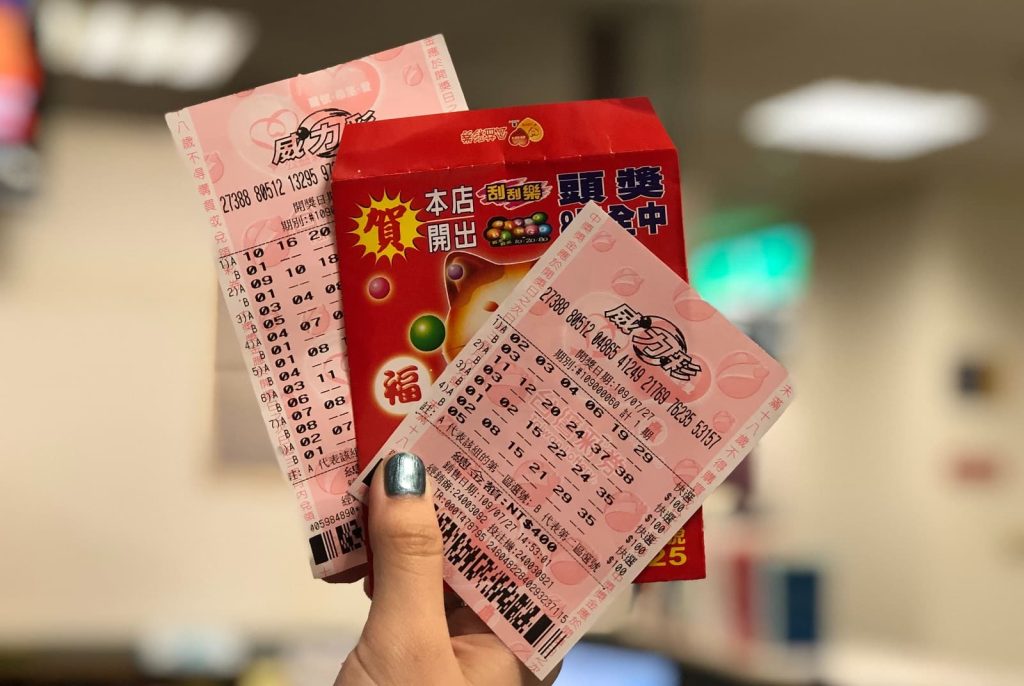
Currently, only two forms of gambling are allowed by the Republic of China government, the public social welfare lottery and sports lottery, both run under monopoly by CTB for the past 10 years.
With the renewal of its concession, CTB, one of the largest financial holding companies in Taiwan will continue to hold that monopoly until 2023.
“In terms of market size, actually, we have seen quite a steady growth in the past several years in both sports betting and the public lottery,” lawyer David Lee told AGB.
CTBC is believed to have raked in an average annual revenue of NT$130 billion ($4 billion) for the past four concession periods granted.
“But if you ask me about the future, personally, I believe sports betting will have more potential in terms of growth for several reasons.
Sports betting operator TSLC’s turnover reached NT$60 billion ($1.8 billion) in 2022, an unprecedented record in sports lottery history in Taiwan, but the legal experts consulted by AGB believe that amount could be greatly increased in coming years.

According to Ben Chiou, some lawmakers in Formosa asked for authorities to provide multiple concessions for the lottery market before the public tender, in order to create a different type of business or competitive environment, at least for sports betting.
“That gives the potential for a heightened competition. So theoretically it might benefit consumers, but at the same time, that would entail a fundamental change in how the government and the licensing regulatory approvals would have to approach this entire business.” Chiou pointed out.
“However, in this current round of concessions, it still remains as before, there was only one license granted, and only one concession was handed out.
So even if some kind of push or trend towards more competition and implicitly a widening of the scope of what the sports lottery betting can do in terms of competition, advertisement, and the potential market has been registered, still “no legislative changes were advanced”.

“For whatever reason, we’re staying with the status quo for now. But again, we see this now, so that means in the coming years, we can expect when this current tenure year concession will expire in 2033 or so, it’s not unreasonable to expect that there may be a concerted marketing campaign toward a push for a new type of concession” Chiou pointed out.
According to the lawyer, the current proposal for opening up the market was only brought up by some DPP lawmakers very vocally almost towards when the concession itself was being granted, which did not leave a “lot of time for this campaign to really get a lot of support from the general public”.
“It was a very last minute type plan. So we can imagine that if the stakeholders or certain parties take a longer view, longer approach, longer plan, we might see probably more support and therefore more actions and reactions from the government,” Chiou pointed out.
As for the new Sportradar concession, Lee described it as a “milestone” with the company planning to “leverage their data to introduce more types of guests, like introducing more accounts, introducing e-sports, even like some simulation sports, to provide more variety of products for customers in Taiwan”.
Although I believe the sports betting market on the island could double in the next several years., Lee warned that there were issues that needed to be addressed, namely illegal betting and the payout ratio restrictions that boost this underground market.
“Under Taiwan law, the public lottery payout ratio is just 60 percent, while sports betting is fixed by law at 78 percent. But in underground betting, payout ratio could be 90 percent, 95 percent, or even higher,” Lee pointed out.
“So if we talk about the issue of payout ratio restrictions, to be honest, such a licensed gambling business is still difficult to compete with underground betting. But to change payout ratio is such a sensitive issue because it usually involves the interest of many stakeholders.”

Another issue of concern is the current legal gray areas surrounding the types of services companies in the ROC can provide for overseas gaming operations.
“There has really not been a lot of clarity from the judicial branch in terms of how certain gaming-related files or cases are decided. In particular, I would say that the area where there is the most inconsistency and the jurisprudence is where the line is drawn between permissible services that are provided to gaming providers from a Taiwan standpoint,” Lee described.
The issue stems from the fact that although gambling itself, apart from public lottery and sports betting, is outlawed in Taiwan certain support services that are provided to gaming providers are allowed depending on the level of involvement.
“I think the courts themselves are struggling a little bit with where and how to draw the line because sometimes there are very creative different ways that support service providers may structure the business to evade the law,” the lawyer warned.
“And so that’s why we see sometimes in one case where a service provider will be convicted of gaming, gambling offenses, if they have, for example, a server hosting the gaming services in their company. But in another situation, they won’t be found guilty. So I think sometimes it’s a bit arbitrary.
The Lin & Partners lawyers hoped courts in Taiwan could provide more clarity over this issue in the future, and also when it comes to services targeting PRC nationals.
“There is a tendency within the law, to view mainland Chinese gamblers as still citizens of the Republic of China. Because under Taiwan’s concord to the Republic of China’s constitution, our territorial reach goes all the way to mainland China,” David Lee described.
“So certain times the courts will use this as a ground to convict gaming providers or service providers in Taiwan that provide service to mainland Chinese gamblers by saying that they are, in fact, providing services to players within the territorial integrity of the Republic of China.”
Therefore the lawyer advised those involved in the sector or wanting to join the gaming service provided market in Taiwan to be “cautious” in their approach.
According to Chiou, there are several service providers in the Neihu Technology Park in Taipei alone or in Taichung, most of them providing services to mainland Chinese players, either directly or through other jurisdictions, such as the Philippines.
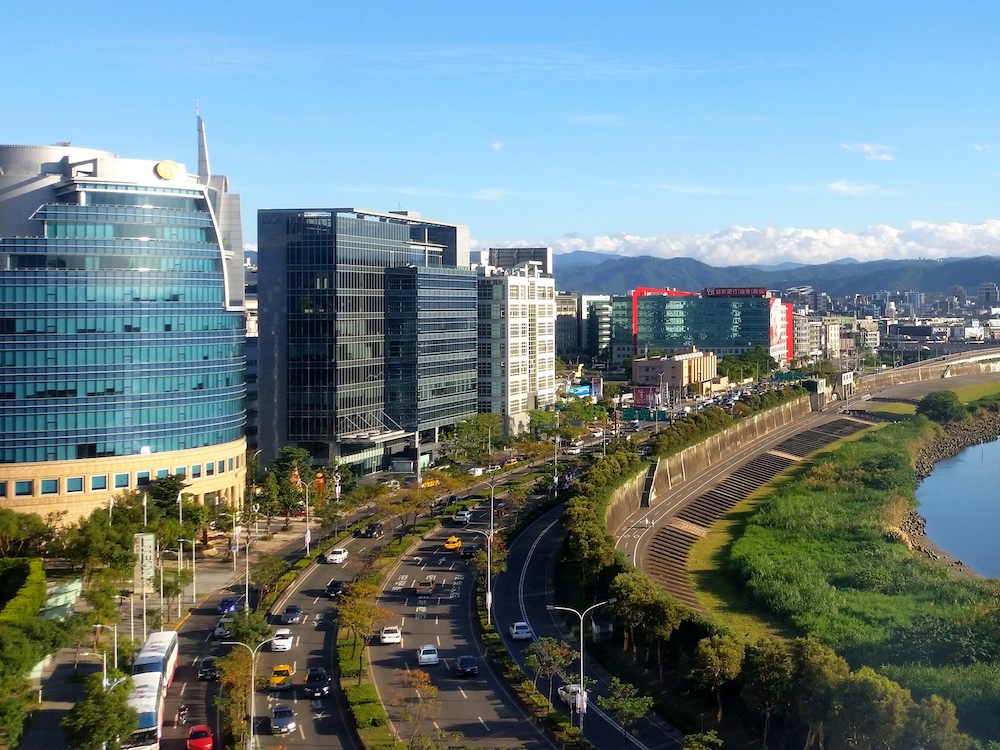
“This is a huge market. It is always a very interesting question, how many such services are provided here in Taiwan? Every time the number I get is different, maybe the number was 1,000 three years ago, maybe 2,000, I don’t know, maybe 3,000 even more,” David Lee added.
“Most of them are located in the Neihu Scientific Park, in Taipei City or in Taichung, the so-called Las Vegas of Taiwan”
According to the legal experts, most of these providers cover a wide range of services, including B2B service, including B2C services.
So in practice, a B2B service operation, such as a software development IT support service with no direct contact with players, would be permissible.
In principle, even a B2C business such as a call center or marketing services directly targeting PRC players, could also be legal, but court decisions have been mixed, the lawyers warn.
“Because of some judicial decisions holding such services as illegal, some gaming providers, they become more and more cautious in having businesses here in Taiwan,” Lee warned.
According to Lee, every year there are several new legal cases in Taiwan involving offshore online gambling but since gambling is not a felony in Taiwan, the maximum penalty could just be a few months in prison, which normally can be converted to a monetary penalty, means no strong deterrent exists.
“Many gaming companies just decide to plead guilty to settle with law enforcement, which means the case will not be brought to the court,” he pointed out.
Outlying islands
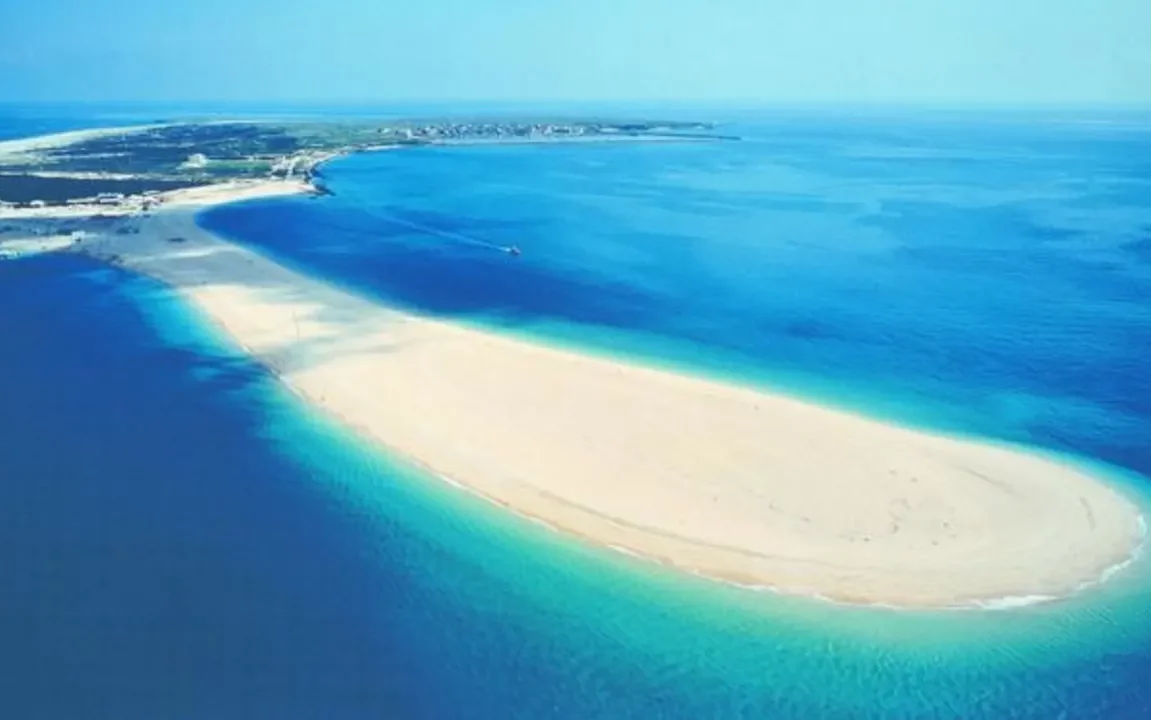
Another long-debated issue in Taiwan has been the possibility of establishing some kind of land-based casinos, in the outlying islands of Penghu, Kinmen, or Matzu.
In 2009 the Taiwan legislature passed an amendment to the Offshore Islands Development Act allowing outlying islands to establish tourist casinos if their residents voted for the plan.
However, even if a referendum approves gaming development, the country’s parliament has yet to approve a Tourism Casino Administration Act that would effectively enforce regulations for the establishment and management of casinos.
“It has been a topic discussed for decades, for more than 20 years. A few years ago, when KMT president, Ma Ying-jeou, was the President (2008-2016), many people believed that there would be a chance for Taiwan to have a casino, especially on offshore islands,” Lee noted.
“But for several reasons, to be honest, I don’t think we can see any casinos in Taiwan, at least in the near future.”
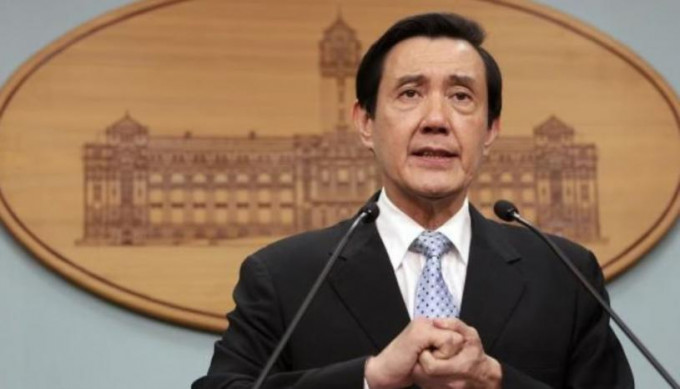
The lawyer considered that the DPP, which has ruled the island since 2016, has not held any support stance towards establishing casinos in ROC territory.
According to Lee, the DPP’s stance has been that with the current economic focus on the semiconductor and high tech industry, there is no need for casinos to spur the Taiwanese economy.
Still, he considered that if Japan manages to advance its gaming industry, this could give a boost to gaming proponents in Taiwan.
“If Japan, Macau, Singapore, Japan, and other neighboring regions can do well, I think the government here would have more reasons to consider casinos again,” Lee noted.
Another issue has been the PRC’s attitude towards gaming operations outside its territorial control.
“The PRC’s stance is indispensable because as everyone knows, casinos online will need customers from China, and even infrastructure support, like air flights from mainland China,” Lee noted.
“However, the PRC government already publicly said that it would never, ever allow their citizens to play in their backyard, which means they will never allow other people to gamble in the outlying islands of Taiwan. If this issue could not be solved, then I don’t think casinos have any feasibility here in Taiwan.
The continued tensions between the DPP administration and the PRC government could also pose another obstacle if the DPP wins the presidential election next year.
No champion for change
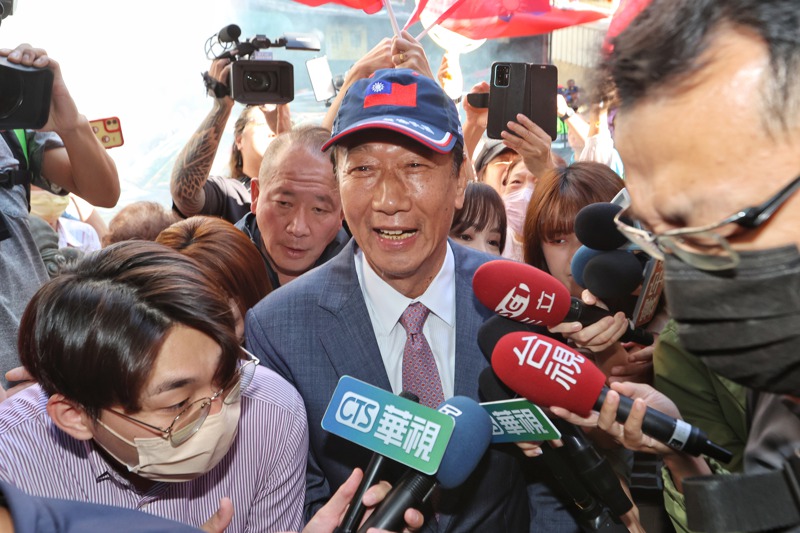
The DPP is on track to retain power for a third term on the January 13, 2024 elections, with the party’s candidate, Vice President William Lai, currently leading opinion polls.
The election field is expected to be one of the most crowded in recent Taiwanese history.
So far, the official candidates include former Taipei mayor Ko Wen-je, for the Taiwan People’s Party (TPP), New Taipei City Mayor, Hou You-yi running for the Kuomintang (KMT), and Terry Gou, the billionaire Foxconn founder, who was planning to run as an independent but has since withdraw from the race.
“In recent years, no presidential candidate wants to touch this issue. But approximately 10 years ago, Terry Gou, publicly urged the government to consider opening casinos in the suburb area of Taipei City in Tamsui,” Lee pointed out.
“However he didn’t get any positive response then. Since then I believe no candidate wanted to touch such a sensitive issue”











